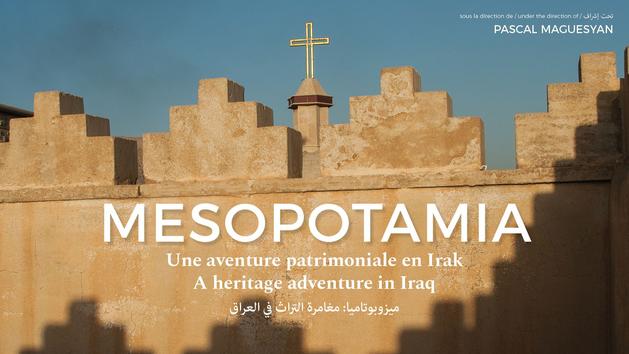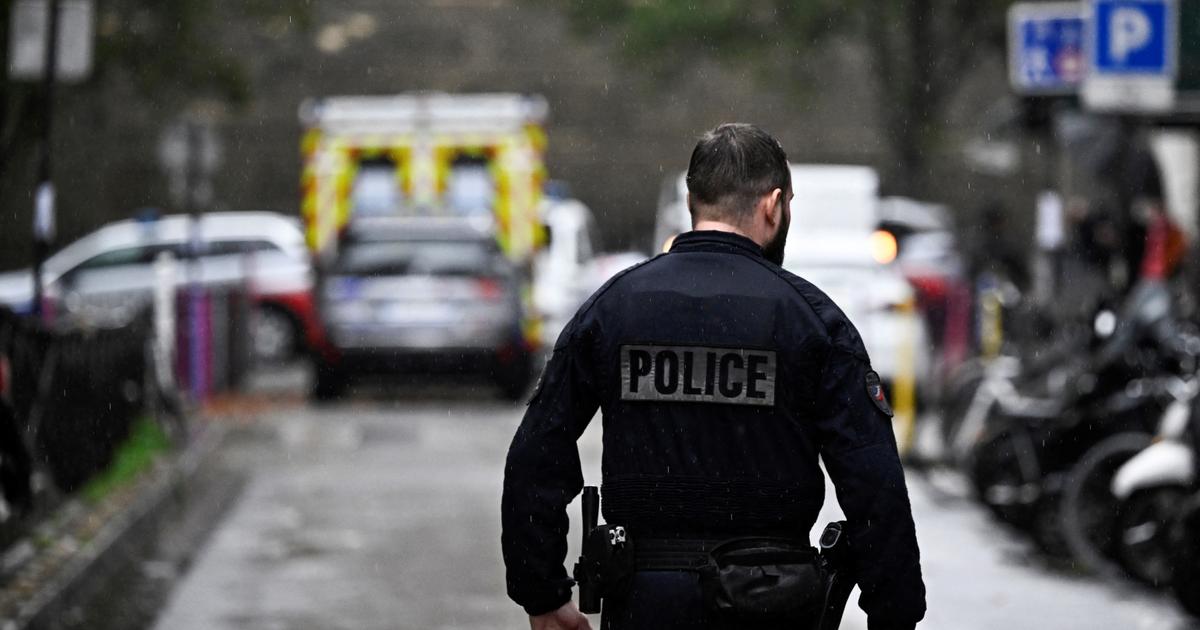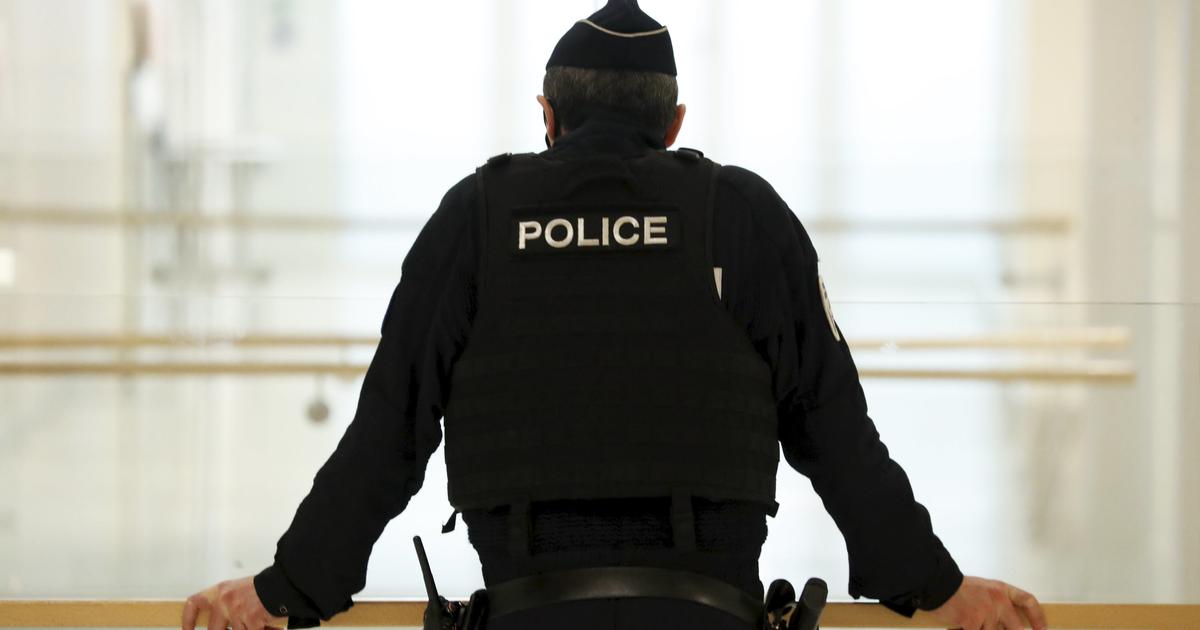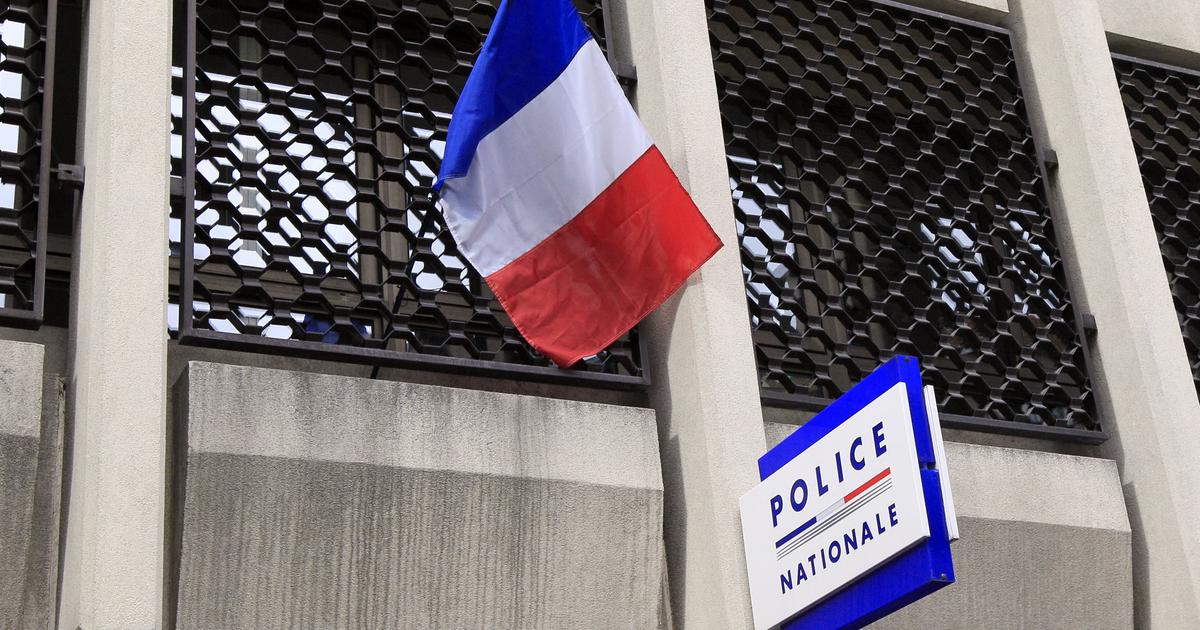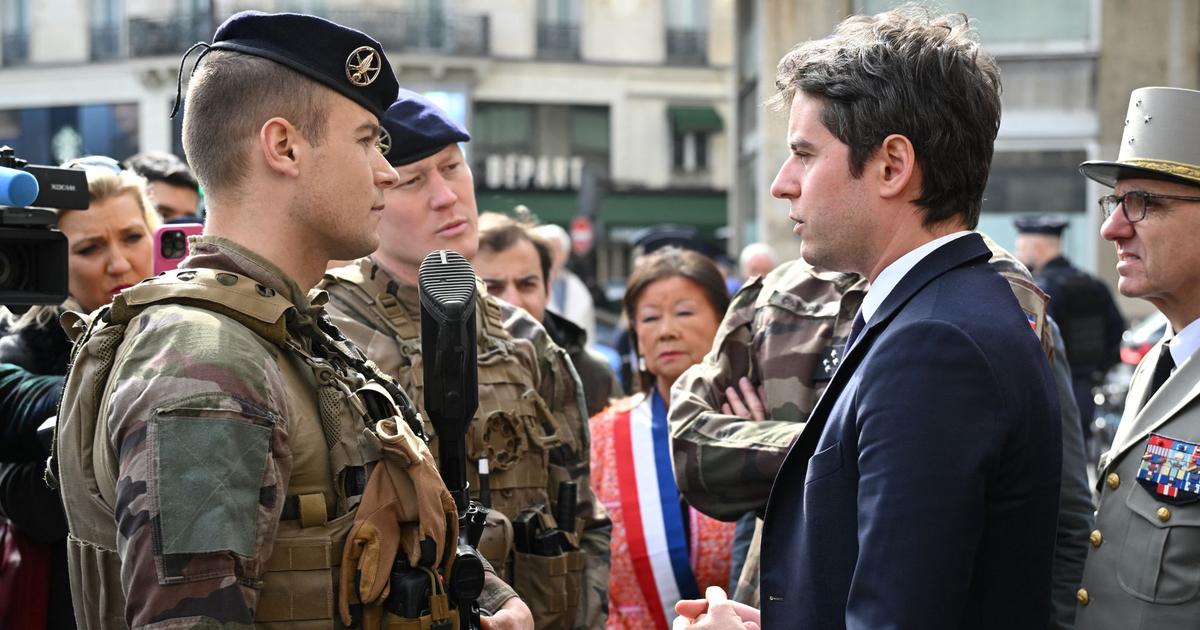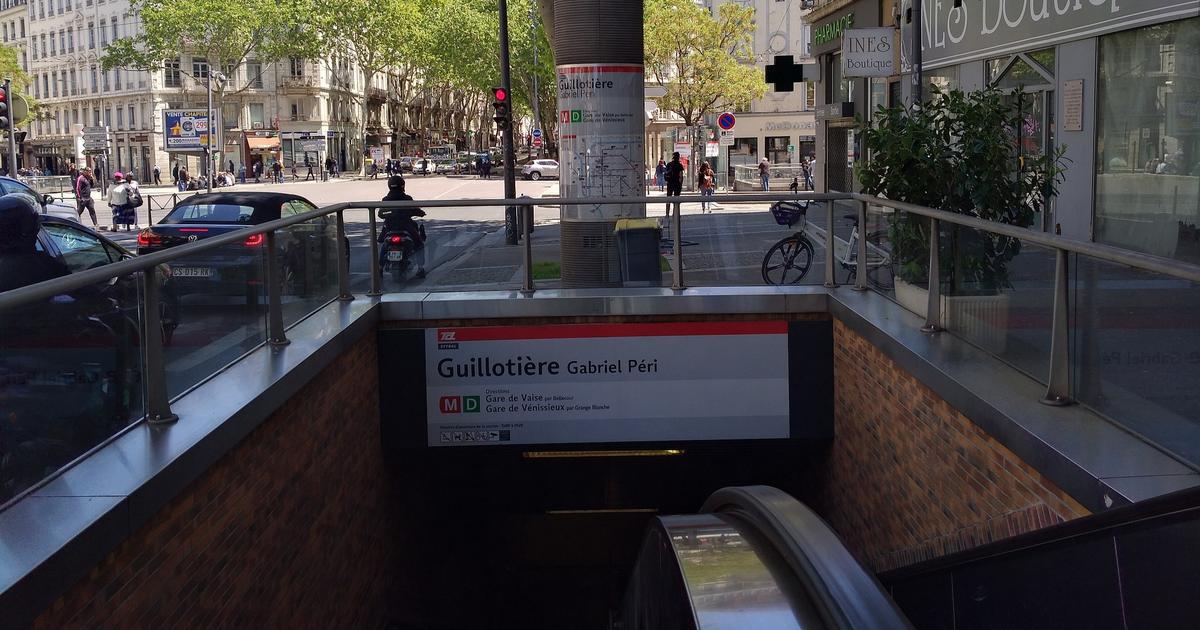Pascal Maguesyan is a photographer. He directed the publication of an album titled
Mesopotamia.
A heritage adventure in Iraq
(First Part editions, 2020)
.
FIGAROVOX.- The Christian presence in Iraq is threatened.
With this book, you wanted to retrace the history that links Christians to Mesopotamia since the early days of the Church: the Christian heritage is an essential part of the cultural richness of this region?
Pascal MAGUESYAN.-
Christianity was established in Mesopotamia in the first century, that is to say in the century of Jesus Christ!
Particularly under the leadership of one of the twelve apostles, Thomas, who left on a mission to India, crossing all of Mesopotamia.
He was the first to have made the communities of the region aware of the Christian word, and around him the first groups of Christians were formed.
The Church which today claims the paternity of Saint Thomas is the Assyrian Apostolic Church of the East, which is sometimes called, quite simply, Church of the East, or even Nestorian Church, from the name of Patriarch Nestorius who was deemed a heretic by Rome.
Returned to his monastery in Antioch, then exiled to Upper Egypt, his theology permeated the Church of the East in Mesopotamia.
This Church was, until the time of the Crusades, the most widespread in the world since it went to evangelize as far as China!
The most curious can read the work of historian Sébastien de Courtois, who is one of the best specialists in the history of this Christian community.
Paradoxically, today it is only a small Christian community.
She is autocephalous and has her own patriarch.
There are around 400,000 Christians in Iraq, compared to probably 1.5 million in 1991.
The rest of the Christians of Iraq (there are approximately 400,000, all faiths combined, whereas they were probably still 1.5 million in 1991) form a rather complex landscape.
There is the Chaldean Church, born in the 16th century from a schism: it is Christians of the Eastern Church who have chosen to join Rome.
They are the most numerous.
There is also the Syriac Orthodox Church, which is an Antiochene church divided equally between Syria and Turkey.
Then the Armenian Church, which is not indigenous because its faithful are not natives of Iraq and do not speak Syriac but Armenian.
They are found mainly in Baghdad, and in a few villages in Iraqi Kurdistan.
Finally, a few small churches are added to the picture: Greek Orthodox, Coptic, and a few Evangelicals.
But among the religious minorities in the region, a word must also be said about the Yazidis, who have been particularly threatened since the 19th century.
They were perhaps 800,000 in Iraq before the start of these disasters, today their number has halved.
They were the object of a particular violence, a real genocide on the part of Daesh.
The jihadists invested in a very short time, in particular the mountain range of Sinjar where they lived and carried out genocidal-type massacres: mass graves are still to be found today, associations record the testimonies of this genocide.
Several thousand young Yazidi women (possibly 3,000) were kidnapped and now find themselves sex slaves in Islamist clans in Iraq and neighboring countries.
Since the military victory against Daesh in July 2017, we have been trying to buy them back ...
It should also be noted that their heritage was systematically destroyed with explosives.
The Yazidis have always been considered "devil worshipers", and particularly by the Islamists.
Their olive orchards in Baashiqa and Bahzani, in the Nineveh Plain, with 90,000 trees, thanks to which they produced the sacred oil, were set on fire by Daesh.
The barbarism against them knew no bounds.
Mosul's Mar Touma Church.
Pascal Maguesyan
What is the extent of the destruction caused by Daesh on the religious heritage of this region?
It's very simple: in all the regions under the control of Daesh, all the churches have been vandalized, looted or even burned.
100% of them have been desecrated.
Some have been partly destroyed.
This concerns the plain of Nineveh and Mosul in particular, where the destruction was very important.
This is where most of the heritage of these churches was concentrated in the old town.
Daesh's intention, beyond looting, was to destroy as much as possible.
But he did not have time to arrive at the end of his project, fortunately.
For example, the Syriac-Catholic Mar Touma Church in Mosul was to be destroyed with explosives, but the jihadists did not have time to take action.
Only a third of these Christians returned.
What impressions came to you, throughout this report, at the sight of so many ruins?
Several scrambles, without prioritizing them.
First, a state of shock at the scale of the destruction.
Then the intimate awareness that Daesh, basically, did not just want to destroy communities, or force them to exodus or submit them, but also destroy to the very foundation of their identity, by annihilating their heritage and all that allows these communities to be rooted in a deep and distant history.
It was a shock that the goal was to destroy a civilization.
I was also impressed to see how much the Iraqis are in love with their heritage.
They are aware of its value precisely because Daesh tackled it.
It is beautiful to see how much the local churches are now attached to it, how proud and happy Christians are to show us the buildings in which they pray, despite the extent of the vandalism committed.
Christians now yearn for stability.
We are amazed, at the sight of your photos, by the sense of celebration and the beauty of the liturgy in these communities ...
Yes, this is one of their great strengths: modesty in the face of disaster, and their ability to overcome these tragedies.
Despite the exodus and the loss of heritage, despite the book burning, it is fascinating to see to what extent these communities, even in exile, manage to reconstitute and revive their cultural and spiritual essence.
But only a third of these Christians have returned, and another third still live in Iraqi Kurdistan, under an IDP status, and the last third have gone into exile abroad.
The heritage has not been fully restored, but a part has already been.
If these communities fail to find the economic sources of their survival, then they will not be able to stay.
The heritage restoration work will help stabilize the communities, which must rebuild their roots.
Sometimes it will take time: in Mosul, only about fifty families have returned.
There needs to be a positive convergence of political and economic efforts for Christians to return with peace of mind.
They need a safe environment, because more than any other community, they are a minority and therefore fragile.
They are not aggressive, they do not like to take up arms even if sometimes they have been forced to.
But now they want stability.

